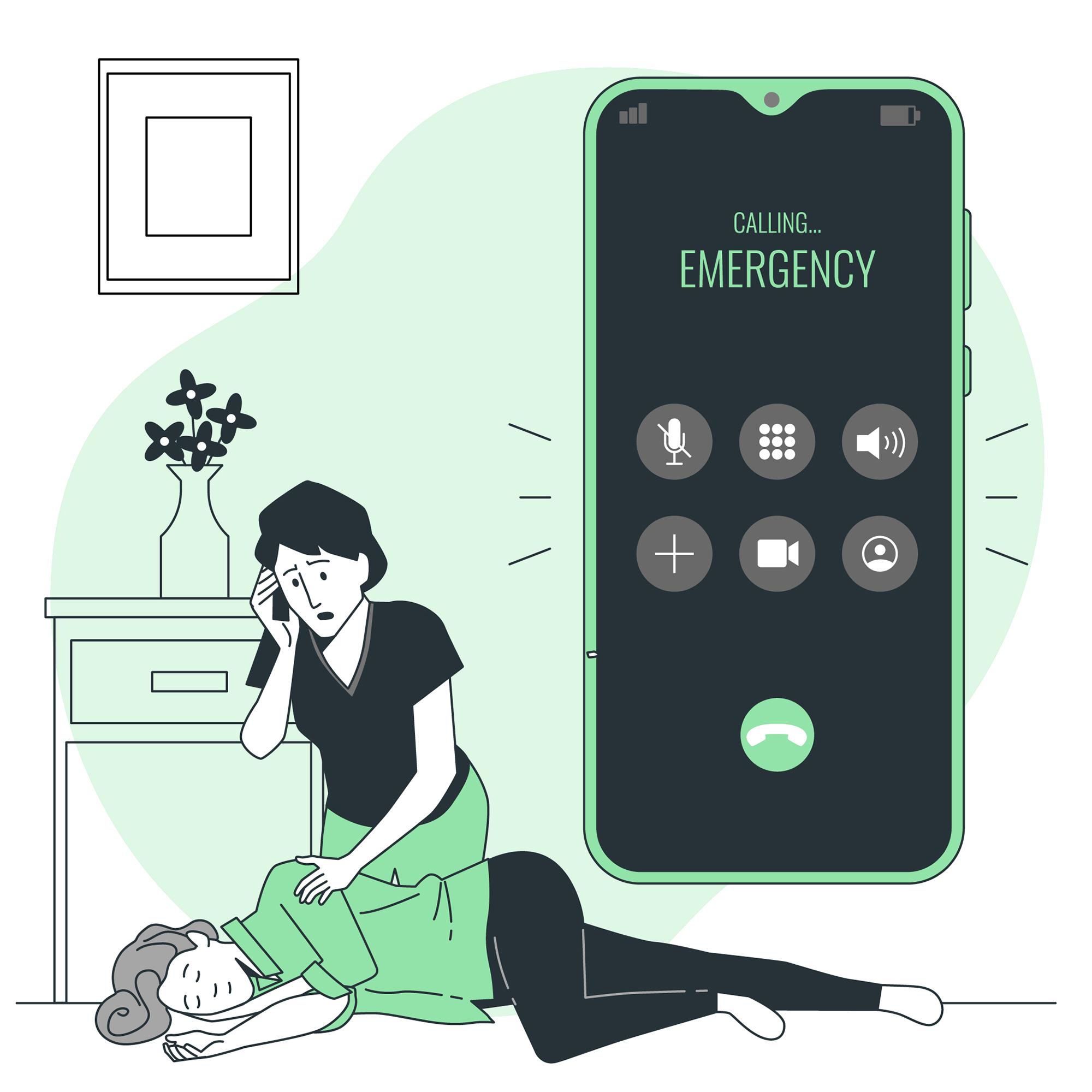Nobody likes late responses, especially in this fast-growing world, people are becoming less patient. It is always important for fast response in regard to quality relationships with the customers. There are various ways to express to the customers that quality is your biggest concern. The quality and speed of your service add to the impression placed upon customers and then spread by word of mouth to other customers.
“A quick response to emergency calls can help save lives just in time and build trust among people in the brand”, says Pranav Bajaj, the founder of Medulance.
Importance of Immediate Call Response:
- Plan
- Prevent
- Respond
- Recover
- Builds trust in customers
The first and foremost thing is planning. A perfect plan begins with a complete analysis of all potential severe threats. One has to be prepared for incidents like natural disasters, major workplace accidents, and loss of key assets. The executive has to identify and prioritize risks allowing them to create specific strategies to work around these obstacles. Also, businesses need to consider the probable short and long-term implications.
It is rightly said, prevention is better than cure. Similarly, prevention can reduce the effects of a potential emergency on existing company operations, assets, or infrastructure. Some of the common examples are supporting building structures in areas prone to earthquakes or creating various digital backups of information stored on company servers.
Also Read: Here’s Why Corporate Companies Need An On-Site Medical Room
A company’s speed and capability of initial response can make a huge difference in overall impact. Responding as fast as possible when dangerous substances are involved, could save lives and significantly cut recovery costs. It is essential to have access to suitable safety equipment and experience from in-depth training for ensuring effective response. Speedy response in customer service consistently reminds customers that they are the most important piece of your business and that they will remain that way.
The recovery stage is the last phase that initiates after any ongoing hazards or emergencies have been abated. This process can include anything from settling legal issues associated with the emergency to get the workplace back to operable condition again. It is advised that business leaders should consider this step during the planning and prevention stages, as the recovery stage relies on the specific consequences of an emergency.
The most important thing for any business is to build trust among the customers. If customers trust that you are concerned about their problems and will always work to make improvements, then trust grows, and so will long-lasting loyalty. Customers who receive fast responses in relation to customer service issues are much more likely to remain loyal customers. Such customers will turn into permanent and returning customers while also inviting their friends and family into your doors as well.
Emergency situations can knock on the door of companies in a matter of moments. When teammates are prepared physically as well as mentally to respond to a disaster, there is a much higher chance of containing the problem before it causes permanent damage to the organization. So, it is important for any organization to be prepared with the team prior. Leaders of any organization should learn the fundamental concepts and principles of crisis management, in order to respond to urgent situations quickly and effectively.

